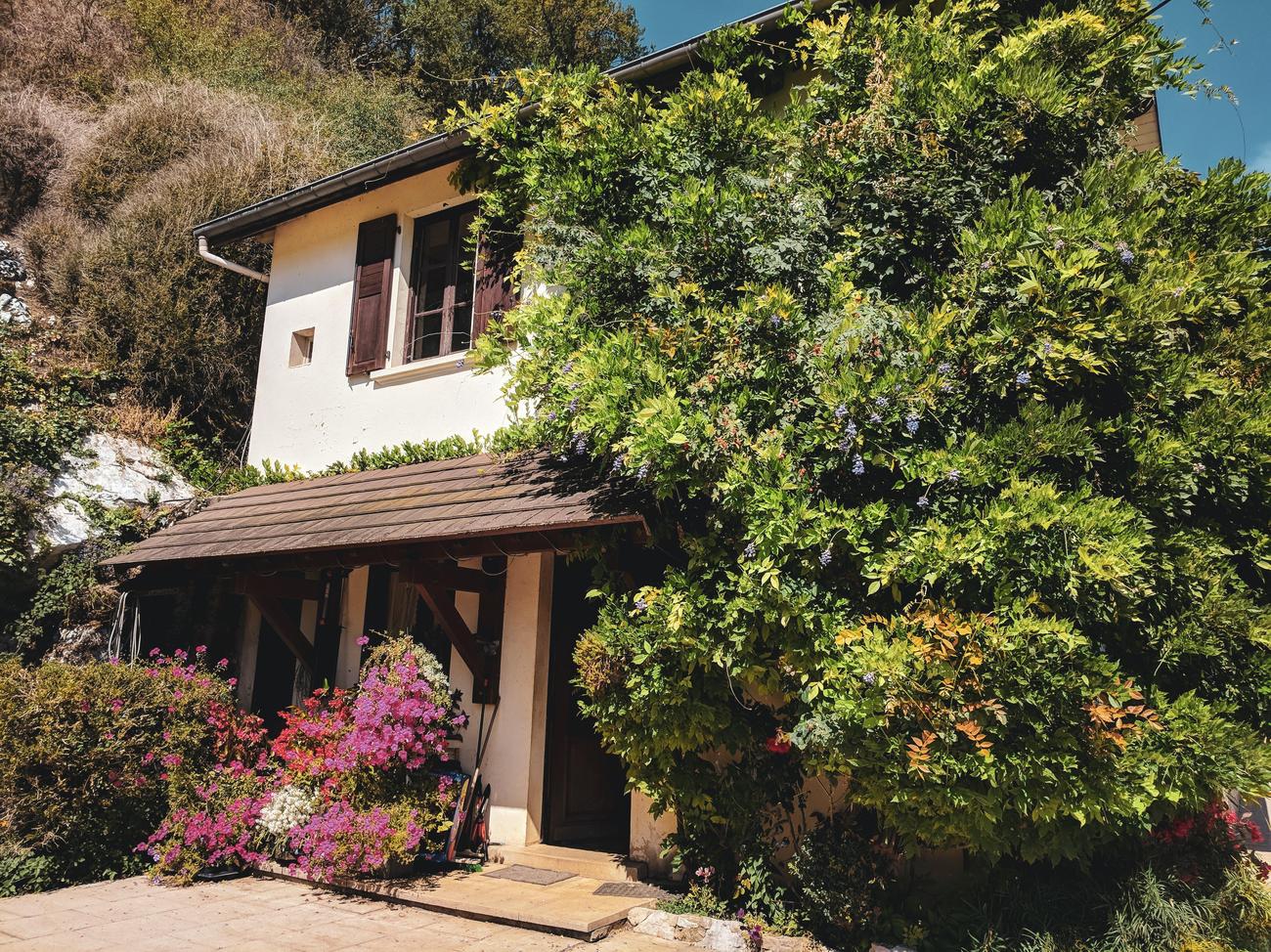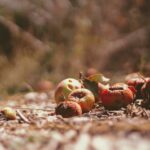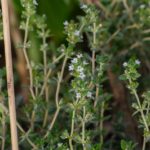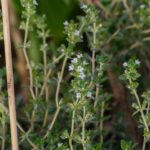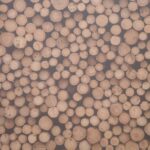Welcome to “Fun Composting Facts for Kids: Learn About the Benefits and Importance of Composting!” In this article, we will dive into the wonderful world of composting and explore what it is all about. Composting is a fascinating process that allows us to turn leftover food scraps and yard waste into nutrient-rich soil. But what exactly is composting, and why is it important? Join us as we uncover the answers to these questions and discover the amazing benefits of composting for our planet.
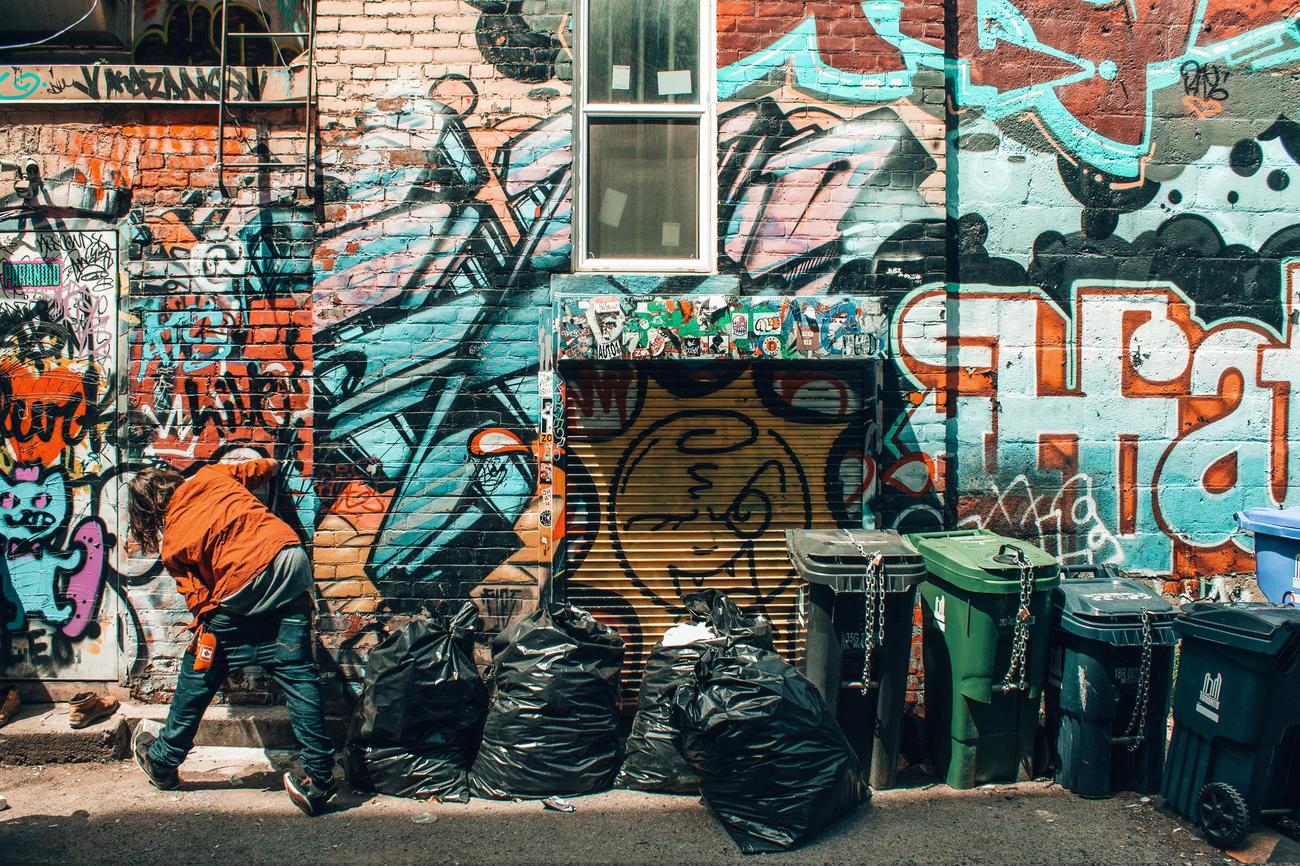
What is Composting for Kids?
Composting is like magic happening in your own backyard! It’s a natural process that turns rotting food and plants into rich, dark soil. This special soil, called compost, is packed with nutrients that help plants grow big and strong. But that’s not all! Composting also has amazing benefits for the environment. In this article, we’ll explore some fun composting facts for kids, so you can learn about the importance and benefits of composting!
1. Composting is Nature’s Recycling System
Just like how we recycle paper, plastic, and cans to help save our planet, composting is nature’s way of recycling organic waste. When you put fruit scraps, vegetable peelings, and even leaves into a compost bin, tiny creatures called microorganisms get to work. They break down the waste and turn it into compost. It’s like they’re giving the old food a second chance to become something amazing!
“Composting is like nature’s recycling system. It gives old food a second chance to become something amazing!”
2. Compost Boosts Soil Health
Did you know that there are more microorganisms in a teaspoonful of soil than there are humans alive on the planet? Soil is a living thing, and compost is like its superfood! When you add compost to your garden, it gives the soil a big nutrition boost. This helps plants grow healthier and stronger. Compost also helps the soil hold onto water, so plants don’t get thirsty as easily. It’s like giving them a special drink that keeps them hydrated!
“Compost is like superfood for soil. It gives plants the nutrition they need to grow strong and healthy!”
3. Composting Reduces Greenhouse Gas Emissions
Greenhouse gases, like carbon dioxide, trap heat in the atmosphere and cause global warming. But did you know that composting can help prevent hundreds of thousands of greenhouse gas emissions from being released into the atmosphere? When food scraps and yard waste end up in the garbage, they produce greenhouse gases as they rot in landfills. But when we compost them, these gases are kept at bay, making our planet a little cooler and happier!
“Composting helps reduce greenhouse gas emissions, making our planet a little cooler and happier!”
4. Composting Keeps the Environment Clean
Composting is not only good for plants and the environment, but it also helps keep things clean and tidy. When we throw away food scraps and yard waste in the garbage, they can create nasty smells and attract pests. But when we compost them, they break down in a controlled environment and don’t create any stinky mess. Plus, compost can help keep away some pests, like certain insects and weeds. It’s like having a natural pest control system right in your garden!
“Composting keeps our environment clean and stink-free, while also keeping away some pests!”
5. Anyone Can Compost!
Composting is easy and can be done by anyone, even kids! All you need is a compost bin, which can be as simple as a plastic bin with air holes in it. Just collect your fruit and vegetable scraps, leaves, and yard trimmings, and add them to the compost bin. Make sure to avoid putting meat or dairy products in the compost, as they can attract unwanted visitors. Then, let nature do its work! Over time, you’ll have beautiful, nutrient-rich compost that you can use to feed your plants.
“Composting is easy peasy! Just collect your scraps, add them to a compost bin, and let nature do its magic!”
So, now that you know some interesting composting facts, why not give it a try? You’ll not only be helping the environment but also creating something incredible out of your old food scraps. Remember, even small actions like composting can make a big difference in the world. Happy composting, budding environmentalists!
“Start composting today and make a big difference in the world. Happy composting, budding environmentalists!”
Composting is not only beneficial for the environment but also an interesting subject to delve into. Did you know that composting organic waste can help reduce greenhouse gas emissions? If you’re curious to learn more fun facts about compost, click here.
Make the Most of Compost!
[youtube v=”Q5s4n9r-JGU”]
How to Turn Organic Waste into Nutrient-rich Compost
Composting is nature’s way of recycling organic waste, such as leftover fruits and vegetables, dead leaves, and kitchen scraps. Through the process of decomposition, microorganisms break down this waste and turn it into a valuable resource called compost. Compost is not just ordinary dirt; it is a nutrient-rich material that works wonders for your garden. By understanding the benefits and steps of composting, you can make the most of this natural process and contribute to a healthier environment.
The Power of Decomposers
Decomposers play a crucial role in the composting process. These living organisms, including worms, insects, and microorganisms, break down the waste and convert it into compost. They thrive on the organic matter, feeding on what was once alive, like leftover food and plant material. Think of them as the garbage disposal system of the natural world. Without decomposers, the nutrients locked within the waste would remain inaccessible to plants.
“Decomposers turn those leftover parts of living things into compost, which is full of nutrients vital for plant growth.”
Creating the Perfect Compost
To start composting, you will need a compost bin with holes for proper airflow. This allows the decomposers to breathe and do their job effectively. Composting involves separating waste into two categories: green and brown. Green waste includes fruit and vegetable scraps, while brown waste consists of dead leaves, straw, and sawdust. To achieve a balanced compost mixture, you need approximately twice as much brown waste as green waste. Layer these materials in your bin, ensuring they are adequately moistened.
“Composting requires a proper mix of green and brown waste to create a balanced environment for decomposition.”
The Role of Patience
Composting is a process that requires patience. It can take several months for decomposers to break down the waste completely. To facilitate decomposition, occasionally stir or turn over your compost pile. This helps to create an optimal environment for the decomposers to do their work efficiently.
“Composting takes time, but with patience and occasional turning, you’ll soon have nutrient-rich compost for your garden.”
Observing Nature’s Magic
As you wait for your compost to develop, you can observe some fascinating changes. Mushrooms may start to grow, and you will likely notice various insects and worms in your compost bin. These creatures are signs that the decomposition process is taking place successfully.
“Watching the transformation of waste into compost is a remarkable testament to nature’s magic.”
Compost: A Valuable Resource
When your compost is ready, it will resemble ordinary soil. However, it is much more than that. Compost is packed with essential nutrients that were originally present in the waste material. It enriches the soil, improving its fertility, water retention, and overall health. By using compost in your garden, you recycle plants and close the circle of life.
“Compost is a valuable resource that replenishes the soil with vital nutrients, promoting healthier and more productive plants.”
Start Composting Today!
Composting is an easy and eco-friendly way to make the most of your organic waste. You can contribute to a greener planet by turning your kitchen scraps and yard debris into nutrient-rich compost. Whether you have a spacious backyard or a compact living space, anyone can compost with the right materials and a little patience. So why not join the composting movement and make a positive impact on the environment?
“By composting, you can reduce waste, enhance soil health, and make a difference in preserving our planet for future generations.”

FAQ
Question 1
What is composting?
Answer 1
Composting is a natural process that breaks down rotting food and plants and turns them into soil. It is a way to recycle organic materials and create nutrient-rich soil for plants to grow.
Question 2
Why is composting important for the environment?
Answer 2
Composting is important for the environment because it helps reduce waste that goes to landfills. When organic materials like food scraps are composted instead of thrown away, they do not produce harmful gases in the landfill. Composting also helps reduce greenhouse gas emissions and prevents the release of methane, a powerful greenhouse gas.
Question 3
What are the benefits of composting?
Answer 3
Composting has several benefits. Firstly, it acts as a natural fertilizer, providing essential nutrients to the soil. It also helps the soil retain moisture and improves its structure, making it more fertile and easier for plants to grow. Additionally, composting helps keep pests away and reduces the need for chemical pesticides.
Question 4
How does composting help prevent soil erosion?
Answer 4
Composting plays a crucial role in preventing soil erosion. Soil that lacks compost or humus is more prone to being blown away by the wind. However, when compost is added to the soil, it helps bind the soil particles together and makes it less likely to wash or blow away.
Question 5
What can and cannot be composted?
Answer 5
In general, most plant-based food scraps, yard waste, and coffee grounds can be composted. However, it’s important to avoid composting meat, dairy products, and oily foods, as they can attract pests and create unpleasant odors. Additionally, avoid composting plants that have been treated with chemical pesticides.
- Mastering Leader in Spanish: The Complete Guide - April 19, 2025
- Uncovering Surprising Parallels: England Size Compared to US States - April 19, 2025
- Old Mexico Map: Border Shifts 1821-1857 - April 19, 2025
